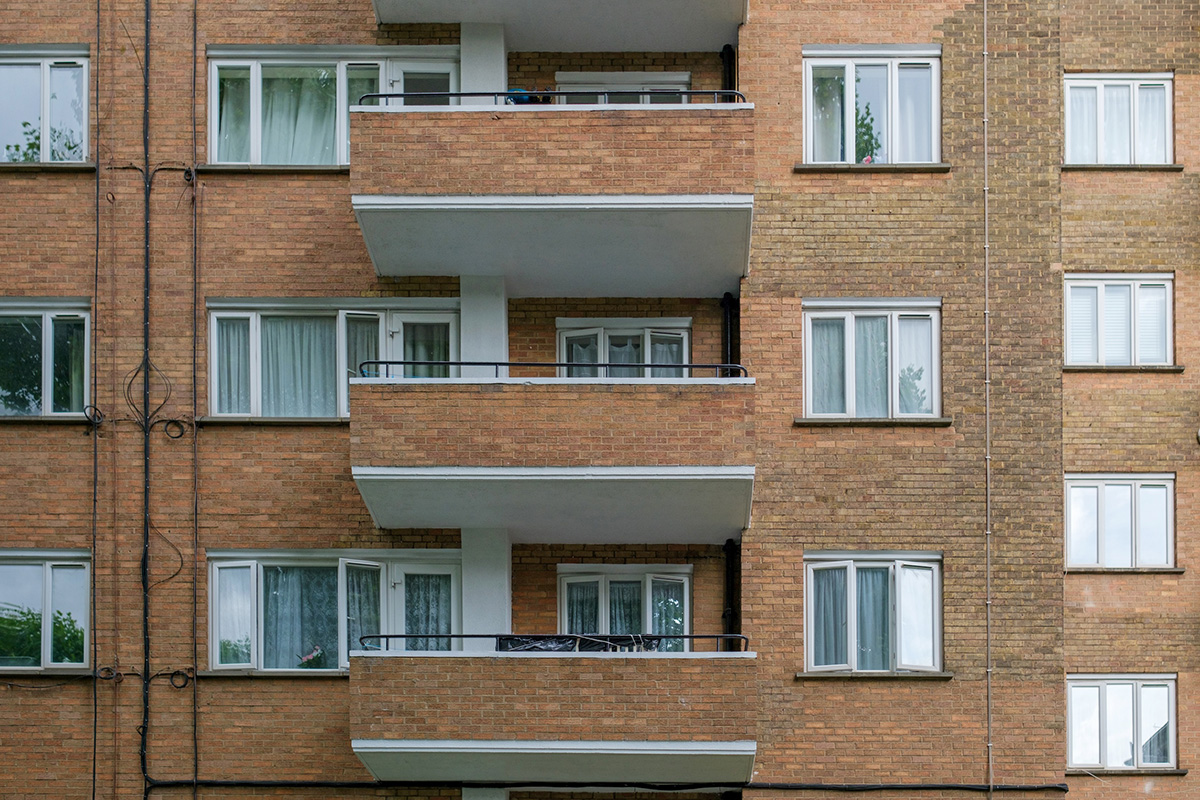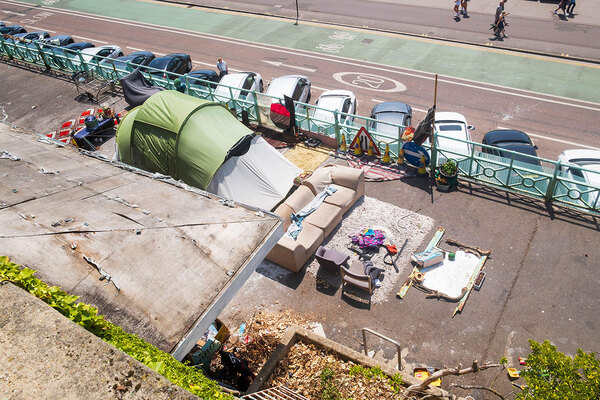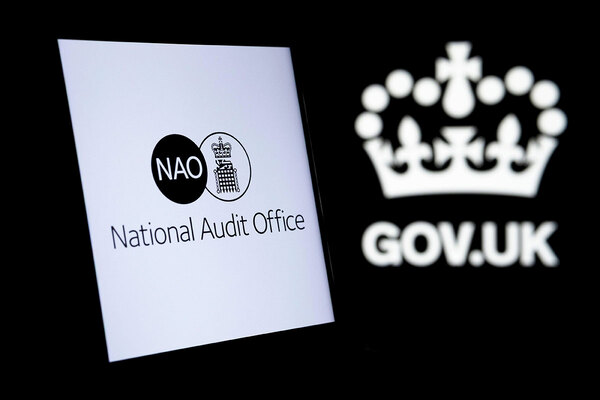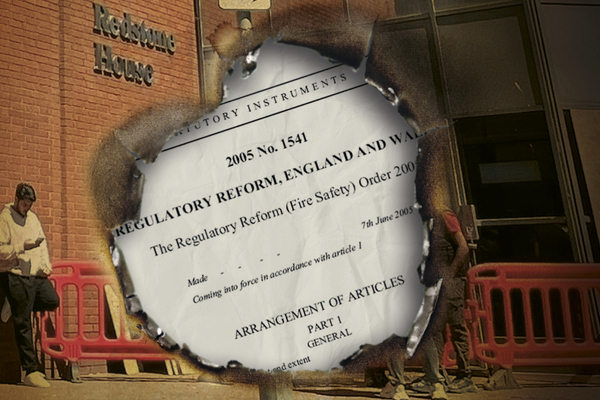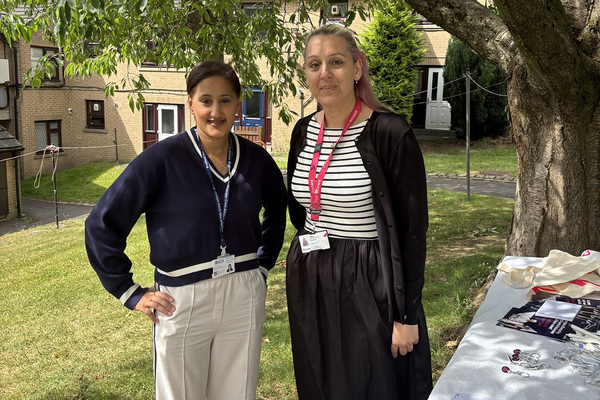Number of council homes sold under Right to Buy rises by 7%
The number of council-owned homes sold in England under the Right to Buy (RTB) policy rose by 7% last year, as tenants rushed to apply for discounts before they were reduced.
Data published by the Ministry of Housing, Communities and Local Government (MHCLG) showed that in the 12 months to March 2025, 7,494 homes were sold to tenants by local authorities under the scheme.
The figures, which do not include homes sold by private registered providers, revealed that the volume of RTB sales rebounded from last year, when 7,013 homes were sold.
In total, more than two million homes have been lost from the public sector since then-prime minister Margaret Thatcher brought in the scheme in April 1980.
The latest data also showed that in the same period, 3,593 replacements were funded through receipts from sales, an increase of 4% compared with 2023-24.
In 2024-25, local authorities received £798m through reported sales – an increase of 16% compared with 2023-24.
In November 2024, the government reformed the RTB policy and reduced the discounts available to tenants, making it harder to buy homes. These changes came into effect on 21 November, with any applications received on or after that date now subject to caps on discounts.
Before the rules changed, councils saw a surge in tenants making RTB applications. The Local Government Association (LGA) reported that local authorities had seen more applications in the three-week period after the government announced reforms than in a typical year.
The LGA said that while reduced discounts would help long-term to stem loss of stock, the short-term impact could be a “a spike in the sale of desperately needed social homes”.
A spokesperson for the LGA said: “Local government is central to addressing the housing crisis that the country is facing, and the incoming reforms will help councils maintain their existing housing stock, as well as expanding it where possible.
“The Right to Buy reforms are a step in the right direction for councils as they seek greater control over their housing stock, but we urge government to go further to ensure that the local government is fully empowered to deliver the homes we desperately need.”
Receipts gained from the sales of social housing properties must be spent within five years on the replacing sold properties, either through building new homes or acquiring existing properties.
Overall, 3,593 replacements were funded in 2024-25 and there were 2,115 reported completions of new build replacement properties, a decrease of 7% compared with 2023-24.
In July, housing minister Matthew Pennycook announced further changes to RTB, including exempting newly built social homes for 35 years to ensure councils are not losing homes before they have recovered the costs of building them.
A government spokesperson said: “Making more social housing available is at the heart of our mission to fix the broken housing system. Already we’ve acted quickly to protect vital social housing stock and given councils the tools they need to build more of the homes people need.
“As part of this mission, we are also reforming the Right to Buy scheme, so that councils keep 100% of the receipts from sales to reinvest in stock, as well as investing £39bn to deliver the biggest increase of social and affordable housing in a generation.”
Sign up for our Council Focus newsletter
Already have an account? Click here to manage your newsletters
Latest stories
